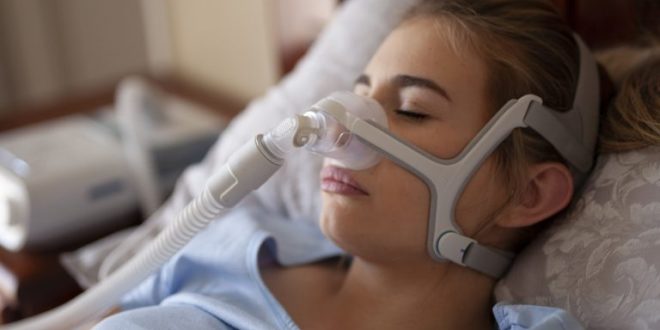Sleep difficulties are a regular occurrence in ‘s era, due to our poor lifestyle. Bappi Lahri, a singer-musician, died recently at the age of 69 from obstructive sleep apnea (OSA). Lahiri was hospitalised at Mumbai’s CritiCare Hospital in Juhu. He is recognised as the ‘Disco King’ for introducing and popularising synthesised disco music in India.
Unfortunately, poor nutrition, stress, worry, and a disrupted sleep routine are all too common in today’s world, and they can easily lead to them.
Obstructive Sleep Apnea (OSA) is one of the most common sleep disorders, affecting over a billion individuals globally. People who suffer from sleep apnea don’t get enough sleep and drive tired, which makes it unsafe and one of the major causes of car accidents.
What is Obstructive Sleep Apnea?
OSA is a sleep breathing condition that causes a brief pause in breathing while the patient is sleeping due to an obstruction of the upper airway. This condition causes the patient to wake up gasping for air in the middle of the night, disrupting their sleep. Multiple apneas during the night have a negative impact on the patient’s sleep quality, causing them to wake up with morning headaches and a lack of sleep.
Such incidents throughout the night result in a loss of productivity during the day and, in many circumstances, have a negative impact on the patient’s neurocognitive functioning. Sleep apnea symptoms include morning headaches, afternoon sleepiness, and weariness. Despite the fact that it is a prevalent sleep problem, most individuals are unaware of it, with over 80% of sufferers going misdiagnosed.
We usually combat tiredness with a dose of caffeine, but this habit can have long-term negative implications. According to science, it takes our bodies nearly four days to recover from a loss of one hour of sleep. Such habits have a substantial impact on road safety, putting the driver’s life, as well as the lives of others on the road and their families, in jeopardy. Because road safety is a primary cause of death in India, its causes require special attention, hence raising awareness about OSA is critical.
 India One News
India One News





